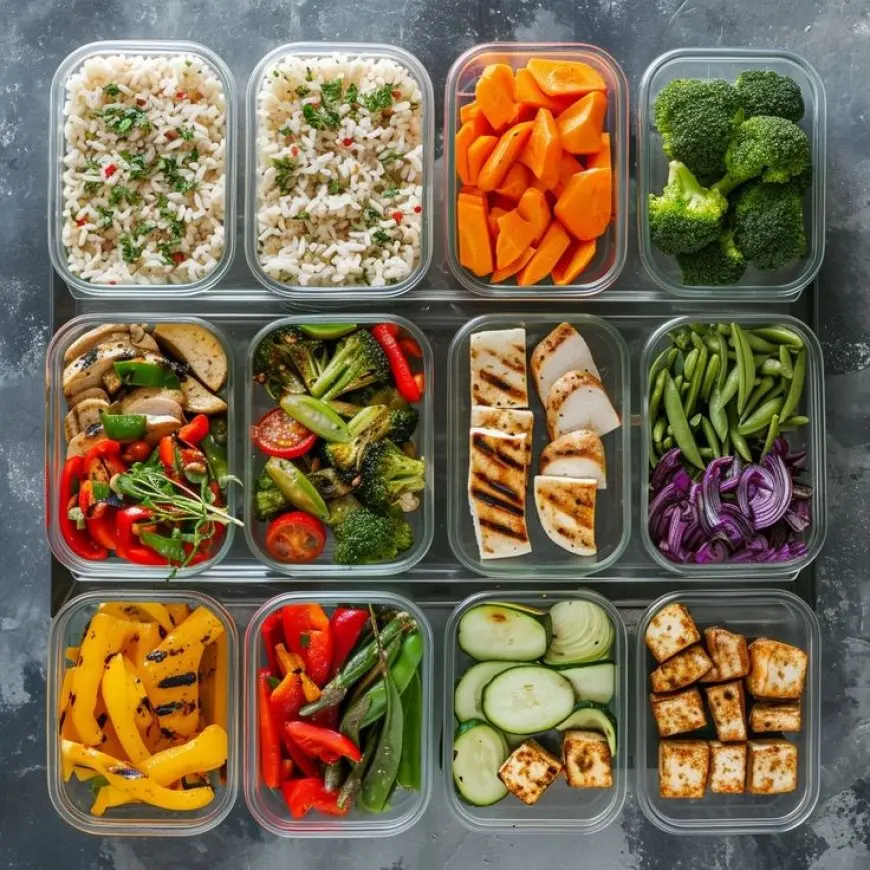How to Start Eating Healthy on a Budget
How to Start Eating Healthy on a Budget

Eating healthy doesn’t have to be expensive. With some planning and smart choices, you can enjoy nutritious meals while keeping your costs low. Here are practical tips to help you eat healthy on a budget:
Plan Your Meals in Advance
Meal planning is one of the most effective ways to save money while eating healthy. Create a weekly meal plan and list the ingredients you need before heading to the store. Planning helps you avoid impulse purchases and ensures you only buy what you’ll use.
Stick to a Shopping List
When grocery shopping, bring a list and stick to it. Avoid adding unnecessary items to your cart, especially processed snacks or treats. A focused approach can help you stay within your budget and prevent food waste.
Buy in Bulk
Staple items like rice, beans, oats, and lentils are often cheaper when bought in bulk. These foods are nutritious, versatile, and have a long shelf life, making them ideal for budget-conscious healthy eating.
Choose Seasonal and Local Produce
Fruits and vegetables are more affordable and fresher when they are in season. Visit local farmers’ markets or look for seasonal sales at your grocery store to save money on produce.
Cook at Home
Preparing your meals at home is not only healthier but also more cost-effective than dining out. You have control over the ingredients and portion sizes, and you can avoid extra expenses like delivery fees or tips.
Use Frozen and Canned Options
Frozen fruits and vegetables are just as nutritious as fresh ones and often cheaper. Canned options can also be a good alternative, but choose those with no added sugar or low sodium. These options can save money and reduce food spoilage.
Limit Processed Foods
Processed and prepackaged foods are often more expensive and less healthy. Focus on whole foods like fresh produce, grains, and proteins. Cooking from scratch allows you to make healthier, more affordable meals.
Embrace Meatless Meals
Plant-based proteins, such as beans, lentils, tofu, and eggs, are often more affordable than meat. Incorporating a few meatless meals into your week can reduce costs and add variety to your diet.
Make Use of Leftovers
Don’t let leftovers go to waste. Turn them into new meals, such as soups, stir-fries, or sandwiches. Proper storage can extend the life of your food, saving you money and effort.
Avoid Buying Name Brands
Generic or store-brand products are usually just as good as name-brand ones but cost less. Compare prices and ingredients to make budget-friendly choices without compromising quality.
Shop Sales and Use Coupons
Look out for weekly sales, discounts, and coupons at your local grocery store. Stock up on healthy items when they’re on sale, especially pantry staples and frozen foods.
Grow Your Own Food
If you have space, consider starting a small garden. Growing your own herbs, vegetables, or fruits can be a rewarding way to save money and enjoy fresh, homegrown produce.
Eating healthy on a budget is about making thoughtful choices and maximizing what you have. With a bit of planning and creativity, you can enjoy nutritious meals without overspending.







